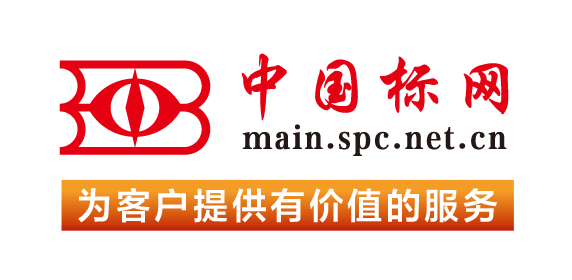【国外标准】 Standard Practice for Preparing Test Specimens from Basic Refractory Gunning Products by Pressing
本网站 发布时间:
2024-02-28
开通会员免费在线看70000余条国内标准,赠送文本下载次数,单本最低仅合13.3元!还可享标准出版进度查询、定制跟踪推送、标准查新等超多特权!
查看详情>>
适用范围:
2.1 This practice defines a procedure that ensures consistent preparation of specimens for product testing and evaluation.2.2 This practice can be used in the laboratories of producers, users, and general-interest parties for research and development or quality-control work. It is particularly useful for interlaboratory comparisons on products, for repetitive evaluations or comparisons of products or product equality, and in specifying a uniform preparation practice for specimens for acceptance testing.2.3 In using this practice, it must be recognized that the structure of laboratory-pressed specimens may differ significantly from the structure of material gunned in field applications.1.1 This practice covers a procedure for preparing test specimens from basic refractory gunning products by pressing prepared material in a mold. After pressing, test specimens prepared from dolomitic mixes are subjected to a prescribed heat treatment. Specimens prepared in accordance with this procedure are intended for use in ASTM test methods.1.2 The values stated in inch-pound units are to be regarded as standard. The values given in parentheses are mathematical conversions to SI units that are provided for information only and are not considered standard.1.3 This standard does not purport to address all of the safety concerns, if any, associated with its use. It is the responsibility of the user of this standard to establish appropriate safety, health, and environmental practices and determine the applicability of regulatory limitations prior to use.1.4 This international standard was developed in accordance with internationally recognized principles on standardization established in the Decision on Principles for the Development of International Standards, Guides and Recommendations issued by the World Trade Organization Technical Barriers to Trade (TBT) Committee.
标准号:
ASTM C973-87(2020)
标准名称:
Standard Practice for Preparing Test Specimens from Basic Refractory Gunning Products by Pressing
英文名称:
Standard Practice for Preparing Test Specimens from Basic Refractory Gunning Products by Pressing标准状态:
Active-
发布日期:
-
实施日期:
出版语种:
- 推荐标准
- ASTM C1134-23 Standard Test Method for Water Retention of Rigid Thermal Insulations Following Partial Immersion
- ASTM C1136-23 Standard Specification for Flexible, Low Permeance Vapor Retarders for Thermal Insulation
- ASTM C1138M-19 Standard Test Method for Abrasion Resistance of Concrete (Underwater Method)
- ASTM C1147-14(2022) Standard Practice for Determining the Short Term Tensile Weld Strength of Chemical-Resistant Thermoplastics
- ASTM C1152/C1152M-20 Standard Test Method for Acid-Soluble Chloride in Mortar and Concrete
- ASTM C1153-23 Standard Practice for Location of Wet Insulation in Roofing Systems Using Infrared Imaging
- ASTM C1156-18 Standard Guide for Establishing Calibration for a Measurement Method Used to Analyze Nuclear Fuel Cycle Materials
- ASTM C1157/C1157M-23 Standard Performance Specification for Hydraulic Cement
- ASTM C1161-18(2023) Standard Test Method for Flexural Strength of Advanced Ceramics at Ambient Temperature
- ASTM C1165-23 Standard Test Method for Determining Plutonium by Controlled-Potential Coulometry in H2SO4 at a Platinum Working Electrode
- ASTM C1168-23 Standard Practice for Preparation and Dissolution of Plutonium Materials for Analysis
- ASTM C117-23 Standard Test Method for Materials Finer than 75-μm (No. 200) Sieve in Mineral Aggregates by Washing
- ASTM C1170/C1170M-20 Standard Test Method for Determining Consistency and Density of Roller-Compacted Concrete Using a Vibrating Table
- ASTM C1173-22 Standard Specification for Flexible Transition Couplings for Underground Piping Systems
- ASTM C1174-20 Standard Guide for Evaluation of Long-Term Behavior of Materials Used in Engineered Barrier Systems (EBS) for Geological Disposal of High-Level Radioactive Waste
 购物车
购物车 400-168-0010
400-168-0010













